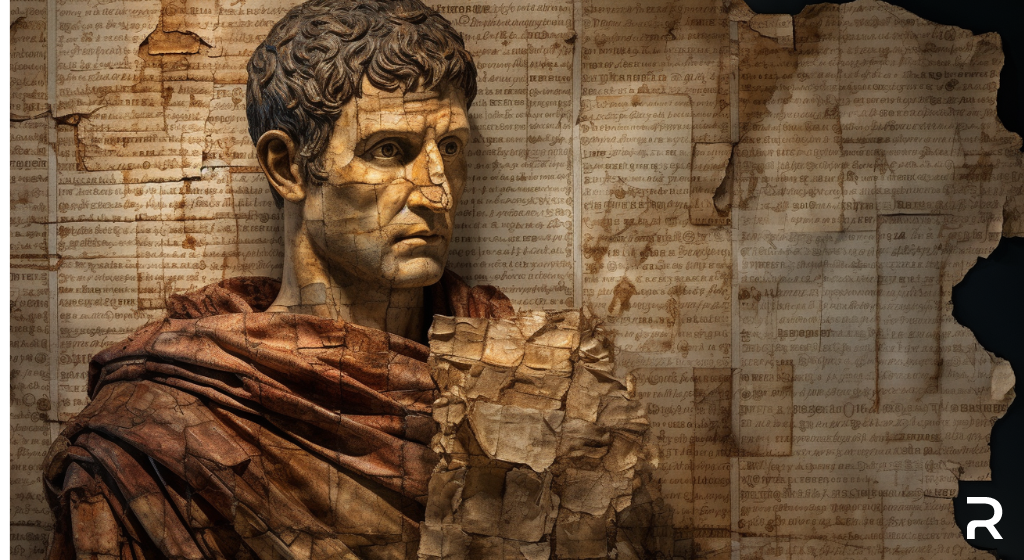
The ancient text, believed to belong to Julius Caesar’s father-in-law, discusses topics such as music and food. (Source: Image by RR)
Deciphering Ancient Texts Unlocks Insights into Greek Philosophy
Three students have claimed a $700,000 prize by utilizing AI to decipher a 2,000-year-old scroll charred during the eruption of Mount Vesuvius in 79 AD. This breakthrough reveals insights into Greek philosophy and potentially offers a glimpse into the teachings of philosopher Philodemus, associated with Epicureanism. The scrolls, preserved by the intense heat of the volcanic eruption, were previously unreadable due to their charred state.
Initially discovered in the 18th century in the library of a luxurious villa in Herculaneum, these ancient scrolls remained a mystery to scholars due to their fragile condition. High-resolution CT scans enabled researchers to unravel the texts, but deciphering the black carbon ink proved challenging. Dr. Brent Seales and his team launched the Vesuvius Challenge, offering a $1 million prize for a solution.
The students developed a model capable of pattern recognition to decode the Greek characters on the scrolls. While only 5% of the text has been translated so far, the deciphered passages shed light on topics such as the sources of pleasure in life, including music and food. This breakthrough marks a significant advancement in the field of Greek philosophy and papyrology.
The success of this AI-driven approach raises hopes of decoding a larger portion of the scanned scrolls and potentially unlocking further insights into ancient texts. The students’ achievement underscores the transformative potential of AI in historical research and scholarship, offering new avenues for understanding and preserving cultural heritage.
Read more at bbc.com







Leave A Comment